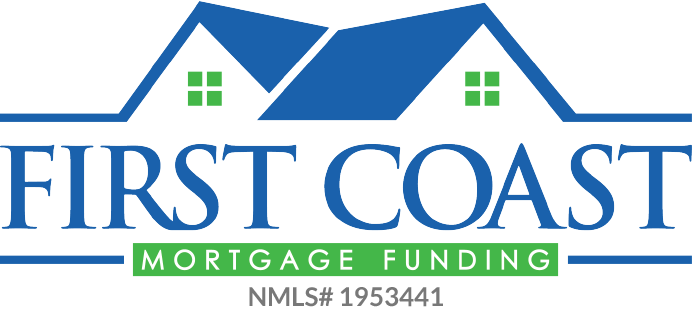Are you considering a home improvement project? According to a recent survey, 73 percent of homeowners are planning a home improvement project in the next year. The problem is that home repairs and renovations cost money. Where will you secure funding for the work you want to do? When people use the term “home improvement loan”, they’re typically talking about an unsecured personal loan. However, that’s not the only option.
- Personal loans are not secured with your home. The lender’s decision whether or not to lend to you, and at what rate, is based on factors like your credit score and income. If you don’t have very much home equity, aren’t planning expensive home improvements, and have a good credit score, this may be the way to go. Taking out a personal loan can be a faster process than home equity options but know it will need to be paid back more quickly. While home equity loans can be paid over decades, the cap for a personal loan is typically five to seven years.
- A home equity loan uses your home as A home equity loan is a second mortgage, a fixed-rate loan that last for 15 to 20 years. If you get one while interest rates are low, you lock in that low rate for the life of the loan. Because you immediately start repaying interest and principal, you can build your equity back up quickly. Before you get a home equity loan, you need to know how much your project will cost.
- A home equity line of credit, or HELOC, like a home equity loan, is secured by the equity in your home. Unlike a home equity loan, a HELOC has a variable rate. It’s also different in that you can draw the money over a specified period of time, instead of all at once. Initially, you’ll be making interest-only payments, so a HELOC may be a good option for you if you plan to sell relatively soon. When you sell, the principal you haven’t paid will come out of the sale price, not your pocket. A HELOC is useful for projects you’re doing in stages, or when you don’t know exactly what you’ll need to spend.
- With a cash out refinance, you change the terms of your mortgage. In this scenario, you cash out a portion of your home’s equity and use the money for your home renovation project. Closing costs can be high, but this is a good option for you if you plan on staying in your home long-term and can recoup the costs of the loan over time.
At First Coast Mortgage Funding, we offer creative solutions to help borrowers overcome roadblocks when trying to secure home financing and home improvement loans. Committed to helping people in the First Coast region buy and refinance residential properties, we specialize in every kind of property, working to provide home loans to our clients at the lowest interest rates, with the best possible service. Contact us through our website or call 904.770.5000 for more information.


